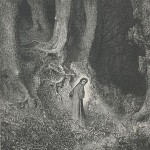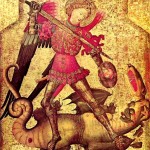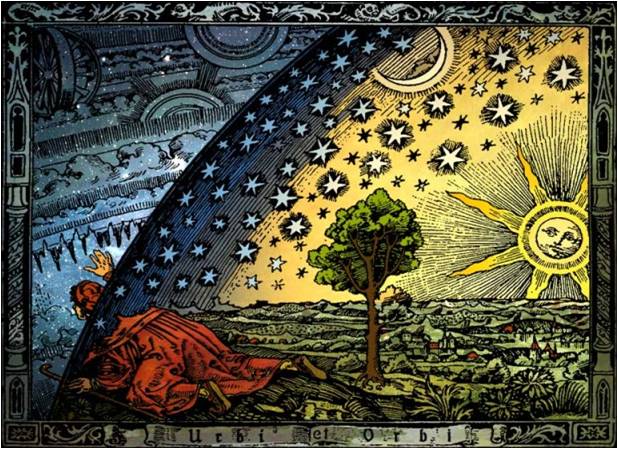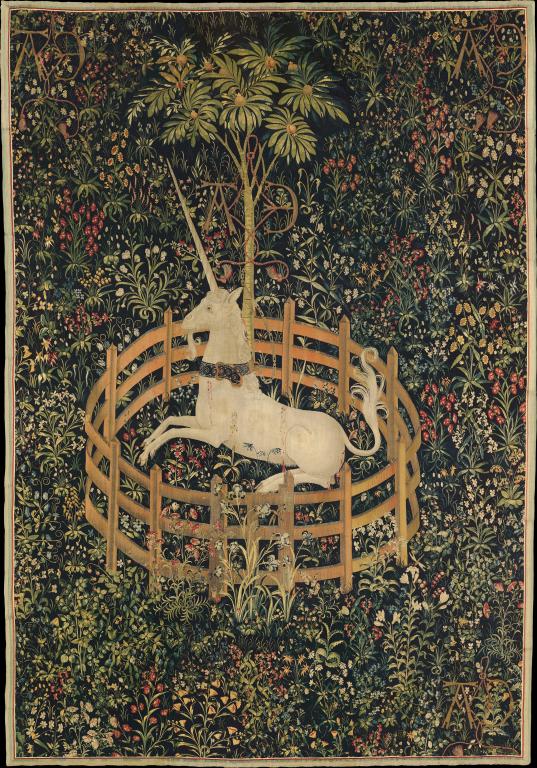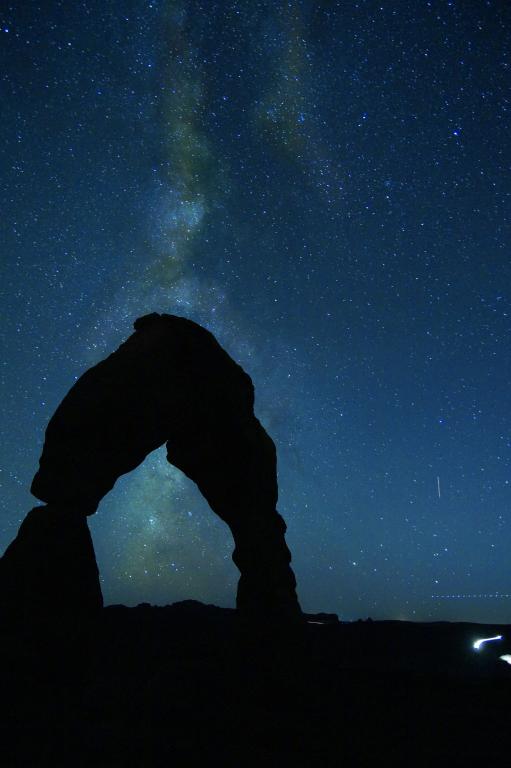David Russell Mosley
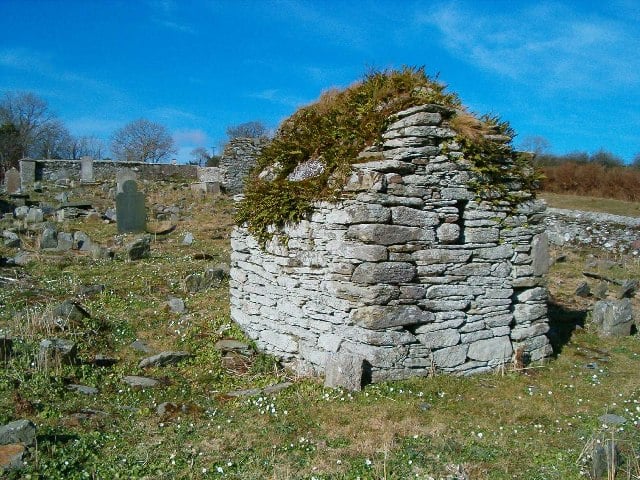
English: Hermit’s Cell. Near Moville High Cross.
Date 12 March 2004
Source From geograph.org.uk
Author Patrick Mackie
(CC BY-SA 2.0)
Ordinary Time
25 January 2017
The Edge of Elfland
Hudson, New Hampshire
Dear Readers,
Last night I was part of a seminar discussing topics surrounding being a public intellectual for a new Signum University class. It was a great conversation (from my end as a presenter anyway) and I hope the students got something out of it. I’m sure they did from Sørina and Brenton, but who knows if I said anything to the point. Sadly, due to time constraints, there was an imperative, at least imperative to me, aspect of this discussion I didn’t get a chance to talk about and so I thought I’d share a few thoughts here.
First of all, by public intellectual, we didn’t mean lobbyists, but people who have studied and read (whether receiving official degrees or not) and have now gotten to a point where they’re sharing what they’ve learned not only with other scholars but with laypeople as well. We spent a lot of time on the public side of the public intellectual. We talked about blogging and social media and other such things, but what I wanted to talk about was the intellectual side of the public intellectual as well.
One of my former PhD supervisors about halfway through my program discovered a passage in Ecclesiasticus that he liked so much he started appending it to his emails. The passage is Ecclesiasticus 38.24, “The wisdom of the scribe depends on the opportunity of leisure; only the one who has little business can become wise.” My supervisor used this passage partially tongue-in-cheek. After all, not only was he doing a lot of teaching (which can often be far from leisurely) but he was also head of the department which comes with both business and busyness. Still, the passage has a point. The lover of Wisdom must have time and space in which their only concern is to seek after her.
As I prepped for our discussion, this got me thinking about Josef Pieper’s Leisure the Basis of Culture, a book I’ll likely be turning to with more frequency in the years to come. Pieper notes in this book that leisure and education go hand-in-hand. Our very word school comes from the Greek skole and Latin scola. Both words mean leisure. The point Pieper is making is that if we value education, or more to the point, if we value wisdom we must have people dedicated to the task of seeking her. We must have people who can be, at least to some extent, absolved from the business of life. We need people who have time for leisure (which Pieper identifies with contemplation and ultimately with divine worship).
It can be fairly common in this day and age to see intellectuals and scholars as existing in an ivory tower. We are locked away from the common man, from the rusticus. We think only ethereal thoughts (this is, I think, more characteristic of perceptions of scholars in the humanities than in the sciences) that have nothing to do with the living and dying of everyday people. Even as we gave our seminar last night students were asking if the public intellectual is an un-towered or un-ivoried scholar. And yet, I sometimes can’t help but the think the tower necessary. Or perhaps it would be better to call it a cell. Not a jail cell, mind you, but a monastic cell, a hermitage, a place of retreat. And yet, like the escapee who has seen the sun in Plato’s cave, the public intellectual is the one who leaves the cell to tell the others what she has found.
C. S. Lewis is in many ways an excellent example of this. After all, despite being a professor of English Literature and having another degree in philosophy, Lewis went on to talk and write about faith, society, and more (often to the chagrin of many of his colleagues at Oxford). And yet, all this was possible for Lewis in part because he was an Oxford don (his complicated home life notwithstanding). Is was precisely because Lewis had time to withdraw form the public square into his cell and read and write that we got his works of apologetics and fiction as well as his scholarly work on English literature.
Finding that time to withdraw, to lock oneself away in the tower is, I think, growing harder. Academics, such as myself, on the adjunct slog barely have time to prep for their classes, let alone keep up-to-date with publishing (whether popular or scholarly). And yet, for the sake of our society, we need people who will seek after wisdom. Not so that they can become public intellectuals (though we’ll hope they do) but because seeking after wisdom is a worthwhile endeavor for its own end. Any society that wishes to flourish, must understand this and guard and protect it and make time for true leisure available to as many as possible.
Sincerely,
David

